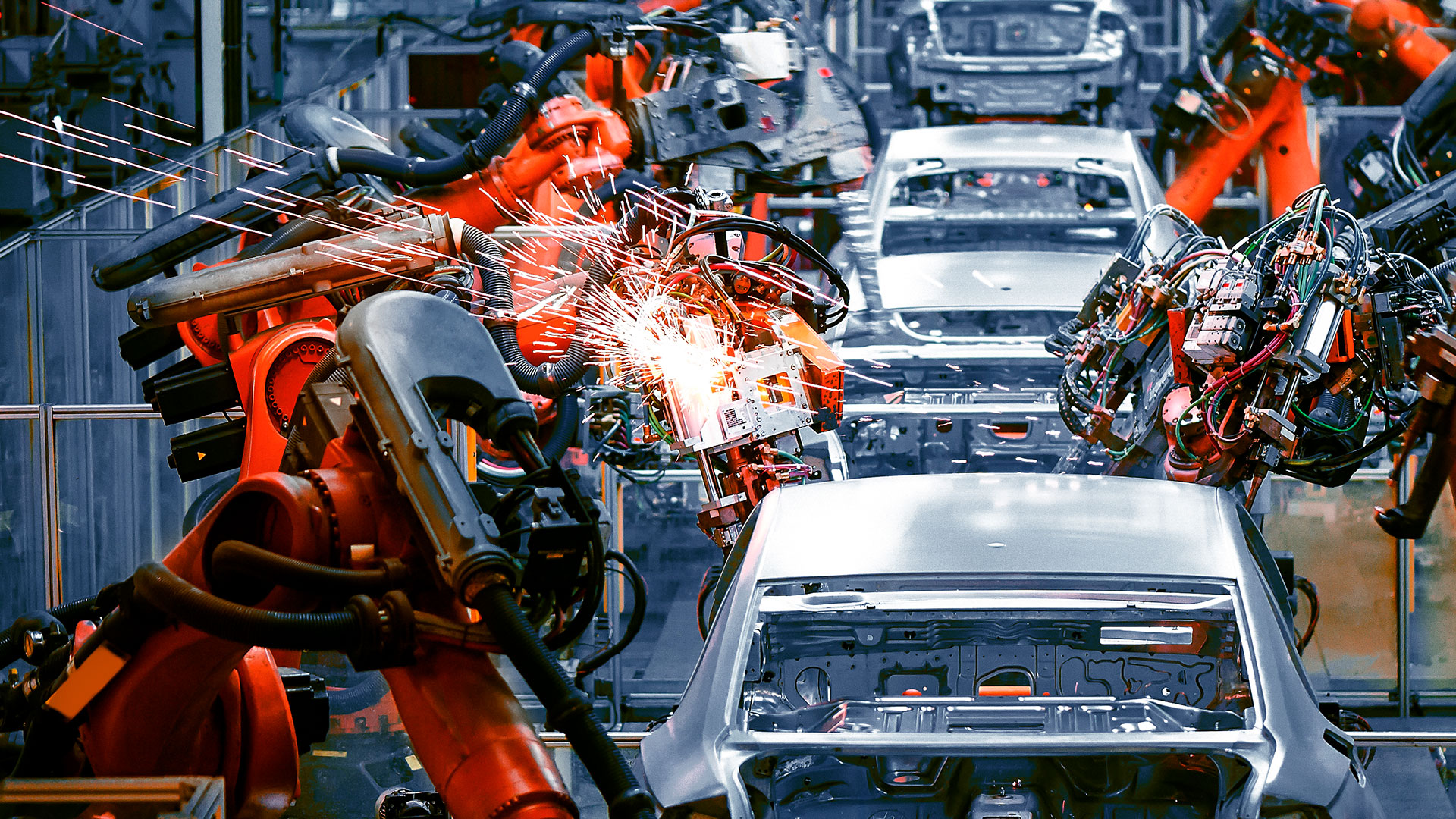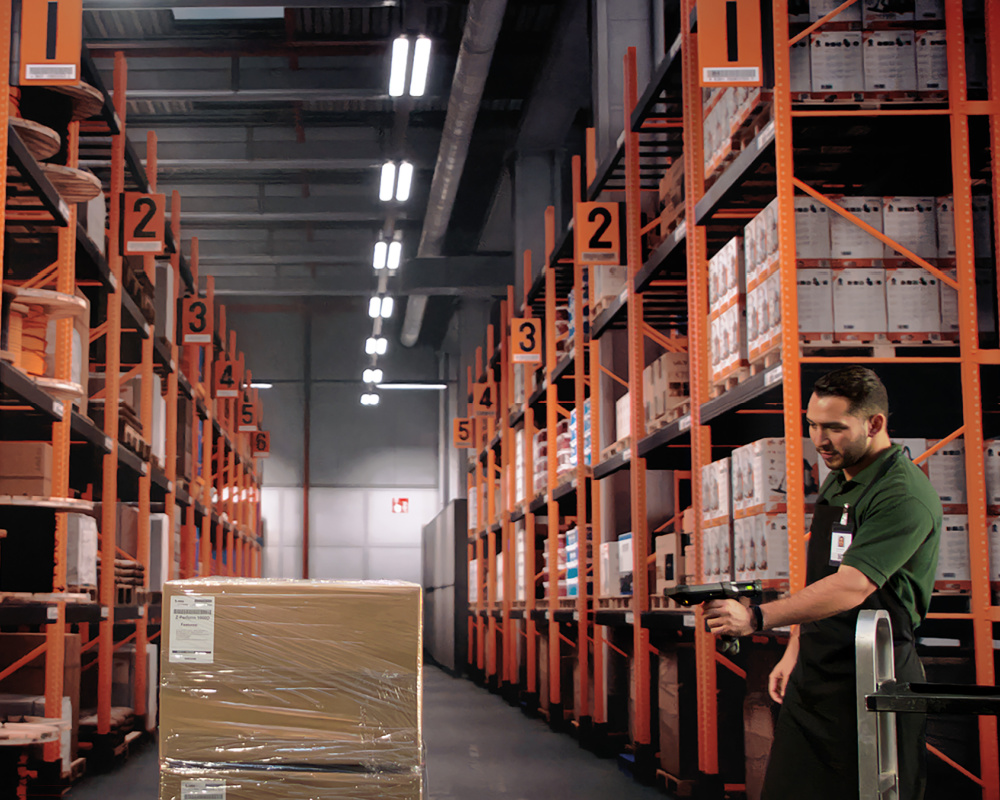
In the competitive landscape of modern manufacturing, achieving operational efficiency is key to success. Lean manufacturing, a methodology rooted in continuous improvement and waste reduction, has emerged as a guiding principle for organizations aiming to streamline their operations. Lean manufacturing focuses on creating value for the customer while minimizing waste, optimizing processes, and fostering a culture of continuous improvement. Here’s an exploration of what lean manufacturing entails and how manufacturers can implement its principles to enhance efficiency.
What is Lean Manufacturing?
Lean manufacturing is a systematic and holistic approach to production management that aims to eliminate waste, optimize efficiency, and continuously improve processes. Originating from the Toyota Production System (TPS), lean manufacturing focuses on delivering maximum value to the customer while minimizing resources, time, and costs.
Key Principles of Lean Manufacturing
-
Value Stream Mapping: Understanding the value stream, the sequence of steps from raw materials to the delivery of the final product, is fundamental to lean manufacturing. Value stream mapping identifies areas of waste and inefficiency, providing a visual representation of the entire production process.
-
Just-In-Time (JIT) Production: JIT is a cornerstone of lean manufacturing, emphasizing the production of goods or services at the exact time they are needed. By minimizing excess inventory and reducing lead times, manufacturers can enhance efficiency and responsiveness to customer demands.
-
Continuous Improvement (Kaizen): Kaizen, or continuous improvement, is at the heart of lean manufacturing. It involves the ongoing pursuit of incremental changes to processes, products, or services to optimize efficiency. Kaizen encourages involvement from all levels of the organization, fostering a culture of continuous learning and improvement.
-
Pull System: The pull system is designed to produce items based on actual customer demand rather than forecasts. This minimizes overproduction, reduces excess inventory, and ensures that resources are utilized efficiently in response to real-time market demands.
-
Standardized Work: Establishing standardized work procedures ensures consistency and reduces variability in processes. This enables employees to perform tasks efficiently, with clearly defined steps and expectations, leading to improved quality and productivity.
Achieving Efficient Operations through Lean Manufacturing
-
Identify and Eliminate Waste: Lean manufacturing categorizes waste into seven types, including overproduction, excess inventory, waiting time, unnecessary transportation, over-processing, excess motion, and defects. Identifying and eliminating these forms of waste are critical steps toward achieving operational efficiency.
-
Employee Empowerment and Training: Empowering employees to actively participate in the improvement process is integral to lean manufacturing. Training programs ensure that the workforce understands lean principles and can contribute to identifying and resolving inefficiencies in their respective areas.
-
Implement Lean Tools and Techniques: Various lean tools, such as 5S (Sort, Set in order, Shine, Standardize, Sustain), Kanban systems, and Total Productive Maintenance (TPM), can be implemented to enhance efficiency and minimize disruptions in the production process.
-
Foster a Culture of Continuous Improvement: Lean manufacturing is not a one-time implementation; it’s an ongoing journey of continuous improvement. Cultivating a workplace culture that values innovation, feedback, and the pursuit of excellence is crucial for sustained efficiency gains.
Key Technologies for Lean Manufacturing
Implementing key technologies is crucial for promoting lean manufacturing, fostering efficiency, reducing waste, and enhancing overall productivity. Here are some key technologies that can be deployed.
-
Manufacturing Execution Systems (MES): MES provides real-time data on the shop floor, aiding in production scheduling, monitoring, and control. It facilitates seamless communication between different stages of the production process, reducing delays and inefficiencies.
-
Internet of Things (IoT): IoT sensors on machinery and equipment provide real-time data on performance and maintenance needs. Predictive maintenance, enabled by IoT, helps in identifying and addressing issues before they cause disruptions.
-
Robotics and Automation: Robotic systems automate repetitive tasks, reducing human error and improving consistency. Automation streamlines production processes, enabling faster and more efficient operations.
-
Advanced Analytics and Data Analytics: Advanced analytics help in analyzing large datasets to identify patterns and insights. Predictive analytics assists in forecasting demand, optimizing inventory, and improving overall supply chain efficiency.
-
Cloud Computing: Cloud-based solutions facilitate collaboration, data storage, and accessibility from anywhere. Cloud platforms support real-time data sharing, improving communication across the manufacturing ecosystem.
-
Mobile Technologies: Mobile devices with dedicated apps provide instant access to information on the shop floor. Mobile technologies such as mobile computers and tablets support real-time communication, task management, and data collection.
-
Supply Chain Visibility Solutions: Technologies that provide end-to-end visibility into the supply chain. This includes barcoding, RFID tracking and other tools that enable organizations to optimize logistics and reduce lead times.
Where Do You See Your Manufacturing Operations Going?
Lean manufacturing is a powerful framework that enables manufacturers to achieve efficient, responsive, and customer-centric operations. By embracing the principles of value stream mapping, JIT production, continuous improvement, the pull system, and standardized work, organizations can optimize processes, reduce waste, and stay competitive in today’s dynamic business environment. Take action today and Contact a ValuTrack Technology Specialist to learn more about how we can help you transform your manufacturing operations with innovative technology solutions.

Explore Innovative Manufacturing Industry Solutions
From labor-intensive assembly tasks to fully automated environments, ValuTrack has the manufacturing solutions to help reduce errors and significantly increase productivity in your plant, warehouse, and field operations. We’ve been helping enterprises simply the tracking of materials and labor throughout production cycles and along supply chains since 1989. We can do the same for you.
We’re Here to Help
Contact us to Start the Modernization Process
Looking for more information about a specific technology solution? Feel free to ask us about pricing, data sheets, and demos, or schedule a free in-person/online consultation for strategic guidance from one of our experts.
Fill out the inquiry form or contact us to start the process.










